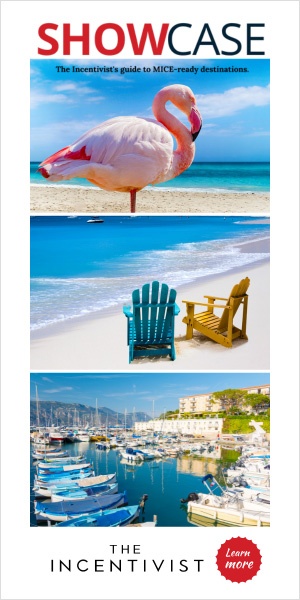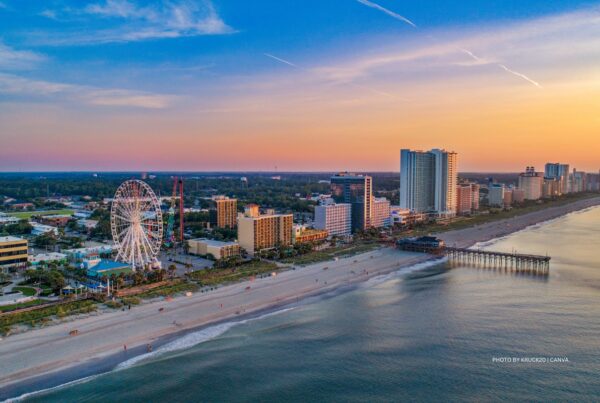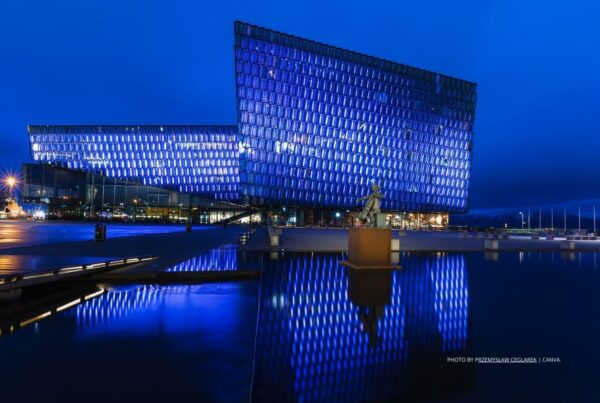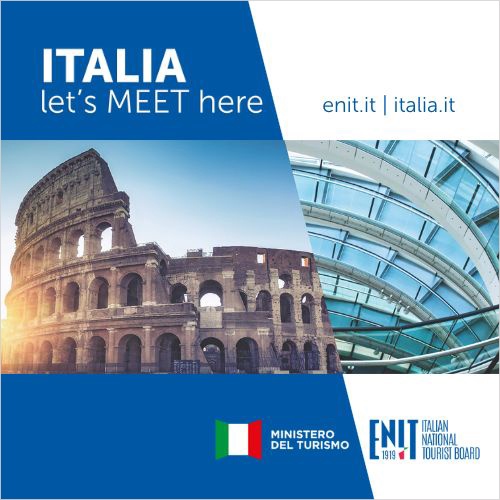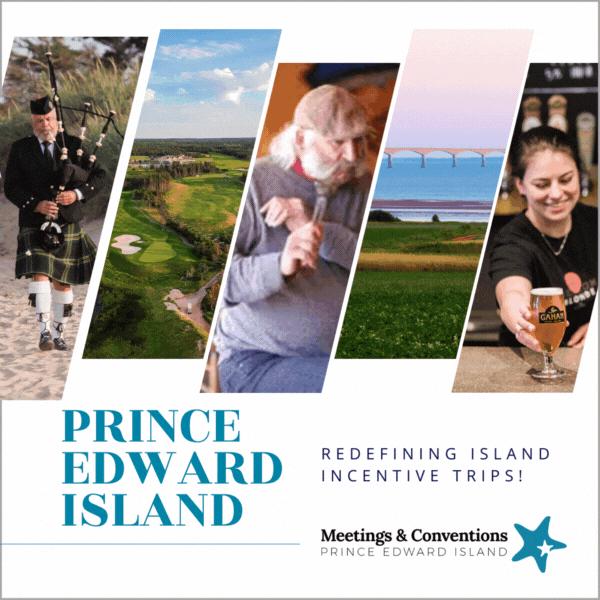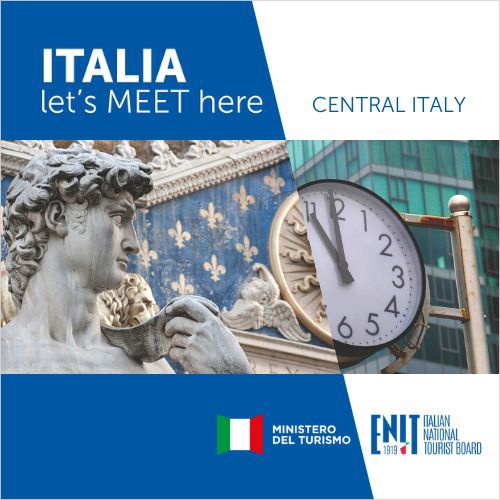The Bahamas Ministry of Tourism & Aviation, along with the Tourism Readiness and Recovery Committee, a group made up of public and private sector partners, have announced a plan that would see the 700-island archipelago begin to welcome international travellers on July 1st.
The plan outlines extensive health and safety protocols that will be enforced throughout The Bahamas to mitigate risk for visitors and residents. These protocols range from procedures pertaining to entering and departing The Bahamas via airports and seaports, to a Clean & Pristine certification program implemented across hotels, restaurants and other consumer-facing tourism entities and touchpoints.
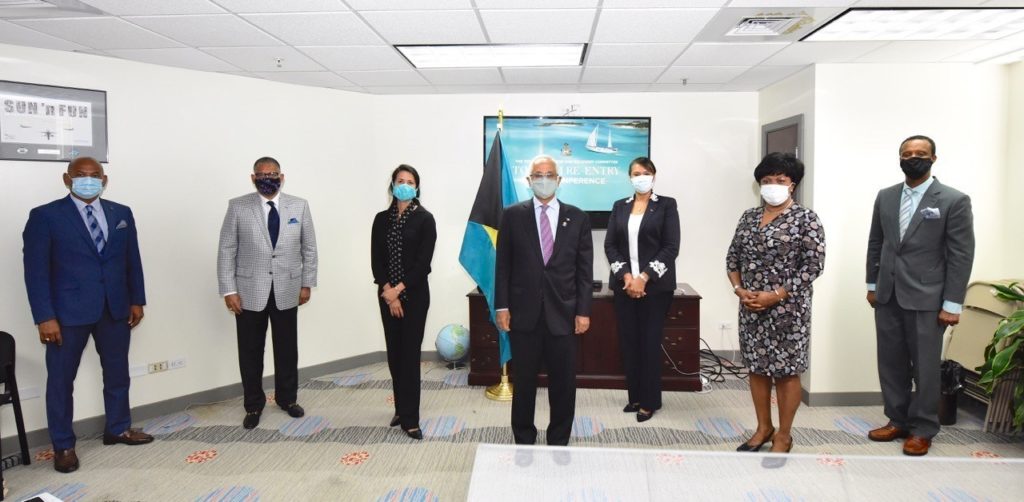
“Our top priority has and will always be our commitment to the health and well-being of our residents and visitors,” said Joy Jibrilu, director-general, Bahamas Ministry of Tourism & Aviation. “We must remember that we are living in a new normal in the wake of COVID-19 and a lot is going to change across the tourism sector. We are putting an even greater emphasis on making sure The Bahamas is safe and clean for everyone and look forward to once again providing travellers with the tropical experience our islands are known for.”
Phased approach to reopening
The plan to reopen The Bahamas’ tourism-dependent economy will roll out in two phases that ensures critical health and safety protocols are being adhered to, and that the health sector remains well equipped and ready to respond as necessary
Phase 1 will begin on June 15th. It will allow:
- Boaters, yachters and private aviation to return to the destination. These smaller special interest groups will allow a more controlled segment to test the country’s new measures.
- Commercial airlines to bring in Bahamian citizens, legal residents, home-owners qualifying for economic permanent residency, or the immediate family members or significant others of any of these groups. People returning to the Islands will have to register at a Bahamas embassy or consulate and obtain a COVID-19 test with a negative result. It is anticipated that during this time there will be a reduced flight schedule as airlines begin adding The Bahamas to their schedules once again.
- Hotels to re-open for staff to return to work and put in place the health and safety measures required to begin welcoming guests in Phase 2.
Phase 2, beginning July 1, allows for the resumption of international travel including:
- Commercial airlines, both international and domestic
- Hotels and vacation rentals, inclusive of Airbnb and HomeAway
- Transportation ranging from taxis to jitneys and buses
The reopening of borders will be monitored and guided by The Bahamas government and health officials. Dates are subject to change based on COVID-19 trends, if there is a deterioration in improvement or if government and health organizations deem these phases unsafe for residents or visitors.
The Measures
Travelers should expect to follow The Bahamas’ “Healthy Traveler Campaign’ that encourages both visitors and residents to continue practicing social distancing measures, regularly wash hands or use hand sanitizers, and pack appropriate personal protective equipment (PPE) such as face masks, just as they would their swimsuits and sunscreen.
Airport Protocols
- Temperature screenings of all incoming visitors at airports and seaports conducted by healthcare personnel.
- Requiring travellers to wear a face mask in any situation where it is necessary to enforce physical distancing guidelines, including when entering and transiting air and sea terminals, while navigating security and customs screenings, and at baggage claim.
- Scheduling departing flights at every other gate to provide as much distance as possible between groups of passengers waiting to board flights.
- More time allowed for boarding to ensure that physical distancing can be maintained.
Accommodations
- Hotels, resorts and vacation rentals will enforce extensive health and safety protocols like enhanced cleaning for guest rooms, public spaces, and high touchpoint areas on frequent, regulated schedules.
- Hand sanitizer and disinfectant wipes will be readily available across properties.
- Employee health monitoring and temperature checkpoints will be enforced.
- Limiting the number of guests permitted in elevators at one time.
- Elimination of unnecessary, printed literature in guestrooms.
Taxis and independent cars
- Passengers and drivers should wear face masks at all times throughout their journey.
- Vehicles must reduce the maximum number of people by 50 percent (sedans can carry up to two persons and SUVs up to four) and passengers should not ride in the front seat.
Excursions, tours, local attractions and shopping
- Businesses are required to establish a maximum number of guests and limit the duration of each guest visit to allow for social distancing.
- When possible, guests will be encouraged to use personal gear (such as snorkelling equipment) and businesses will have items available for purchase.
- Guests will not be allowed to touch products unless with the intent to purchase and cashless sales will be encouraged.
- Beach chairs must be arranged to allow six feet of social distancing between family units.
- A regular cleaning timetable and checklist must be established, reviewed and maintained.
Vessel and Ferry Operations
- Staff must wear a water-repellent or marine-grade face mask during all passenger interactions and where other social distancing measures are difficult to maintain.
- A maximum number of passengers permitted on-board will be reduced by 50 percent and passenger seating may be assigned to ensure proper distancing.
- Vessel sanitizing must take place before any passenger embarks the vessel and between all passenger exchanges. All high-touch surfaces must be constantly and consistently cleaned during passage and at the end of each day.
Restaurants, Food & Beverage Services
- Buffets will be discontinued until further notice. All meals must be single or prepackaged.
- Businesses must use disposable menus or offer on monitors or static display boards.
- Staff must wear PPE (disposable mask and gloves).

